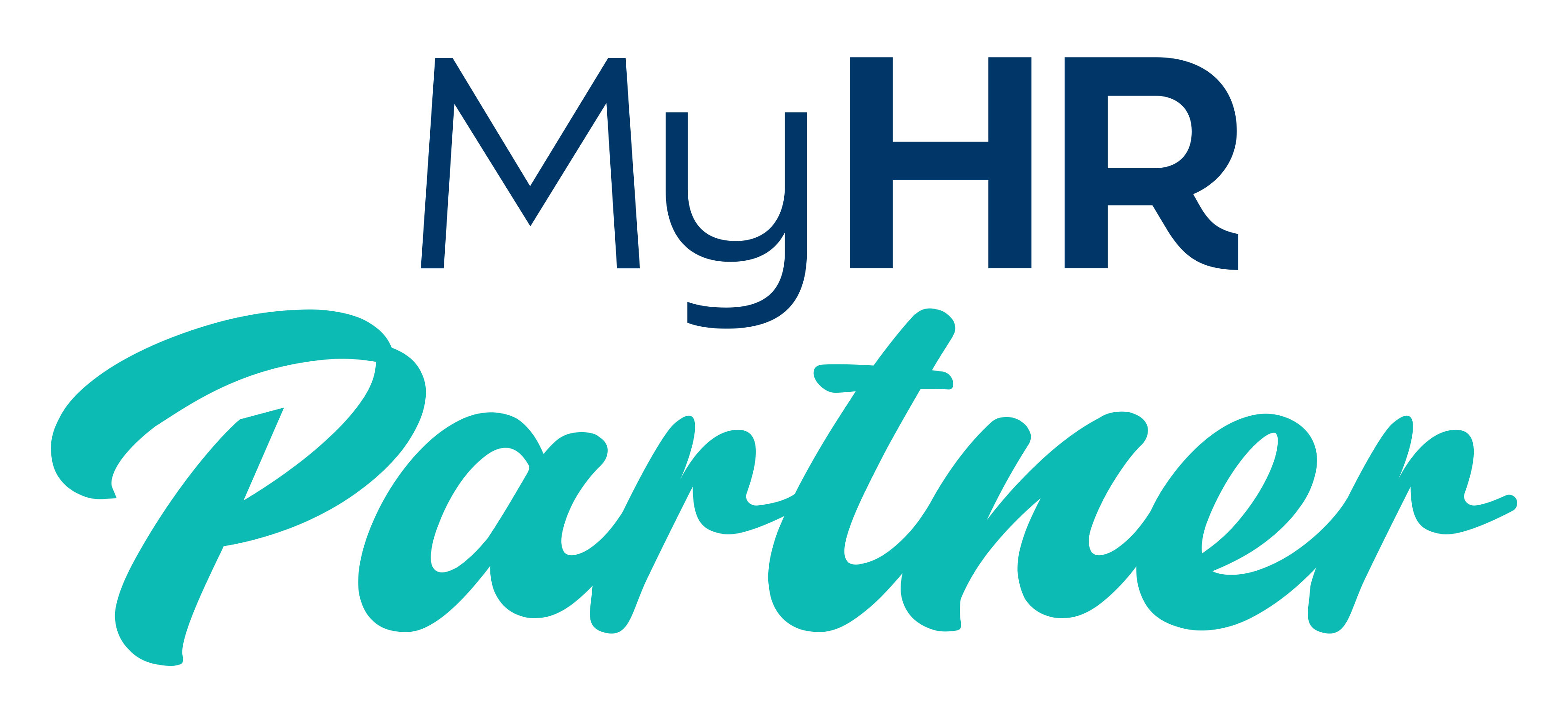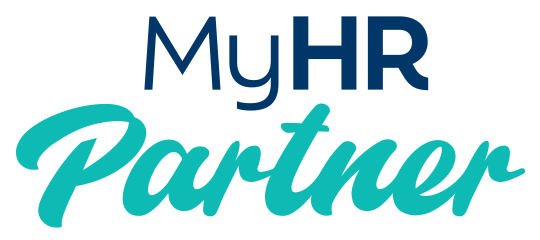About Karen Hillen
Tapping into more than 30 years’ experience in Human Resources, staffing & payroll, Karen loves helping you get the best out of your people while providing you, the business owner, with peace of mind.
Karen partners with you to assist in proactively managing your people, providing the tools you need to enhance productivity & maximise profit. With her friendly, approachable & professional manner, she ensures you feel comfortable & confident in her services. Just knowing you can speak with Karen & receive the right advice, eliminates the concern of HR issues – providing welcome reassurance for busy business owners.

About Karen Hillen
Tapping into more than 30 years’
experience in Human Resources, staffing & payroll, Karen loves helping you get the best out of your people while providing you, the business owner, with peace of mind.
Karen partners with you to assist in
proactively managing your people, providing the tools you need to enhance productivity & maximise profit. With her friendly, approachable & professional manner, she ensures you feel comfortable & confident in her services. Just knowing you can speak with Karen & receive the right advice, eliminates the concern of HR issues – providing welcome reassurance for busy business owners.

By working with Karen, you’ll have the right HR contracts and policies in place, your business is compliant with employment law and you’ll know you’re paying the correct rates of pay to your staff. She is skilled at analysing complex HR issues, able to quickly adapt to a variety of situations and offer a choice of viable, practical solutions.
Karen is an HR Consultant with a Diploma in Human Resource Management, Graduate Diploma in Public Administration, Graduate Certificate in Public Sector Management, Certificate IV in Training and Assessment and Certificate IV in WHS. She also is a member of the Australian Human Resources Institute (AHRI), the Industrial Relations Society of Queensland & the Industrial Relations Society of New South Wales.
Why not benefit from Karen’s vast level of HR expertise and experience? To discuss your HR requirements book in for a call.
By working with Karen, you’ll have the
right HR contracts and policies in place,
your business is compliant with
employment law and you’ll know you’re paying the correct rates of pay to your
staff. She is skilled at analysing complex
HR issues, able to quickly adapt to a
variety of situations and offer a choice
of viable, practical solutions.
Karen is a Certified HR Coach with
a Diploma in Human Resource Management, Graduate Diploma in Public Administration, Graduate Certificate in Public Sector Management, Certificate IV in Training and Assessment and Certificate IV in WHS. She also is a member of the Australian Human Resources Institute (AHRI) & the Industrial Relations Society of New South Wales.
Why not benefit from Karen’s vast level
of HR expertise and experience? To discuss
your HR requirements book in for a call.
About My HR Partner
My HR Partner – Mission
At My HR Partner, we empower small to medium businesses with flexible and expert HR solutions. We offer a fresh approach, delivering clear, cost-effective support without the rigid contracts you don't need. From our unique online membership and comprehensive retainers to a la carte services, we simplify compliance and management, giving you the confidence and freedom to grow your business.
As your on-demand HR Manager, we deliver competitively priced, reliable & practical HR solutions for professional service business owners and teams across Australia. By tapping into our comprehensive industry experience, My HR Partner actively supports you with expert HR advice & assistance, whenever you need it, while ensuring you are compliant with current workplace legislation.
We have trusted Employment Law partners to assist with any employment law issues outside of our scope.
You speak directly with one of our HR experts, not a call centre or generic phone advisory service. We provide tailored,
personalised service & advice, and vitally, we deliver consistent information throughout our relationship with your
business. We’re proactive in offering a range of potential options and solutions, so you never have to worry about
an HR problem while you’re working with us.
Most business owners & managers don’t have the time, knowledge or skills to manage HR themselves. Our role is to
help you eliminate the worry of dealing with HR issues, wasting hours of valuable time waiting on the phone for Fair
Work or trying to determine whether you’re doing the right thing by your employees.
My HR Partner provides a higher level of support and advice than many similar services. While we happily answer
questions, providing advice and guidance quickly and efficiently, we also offer for your employees to speak with us
directly, once authorised by you. This can help resolve staff concerns before they even become an issue.
Engaging our service is like having an HR manager on staff, at around 10% of the cost of employing one. Consider
us to be an insurance policy for your HR requirements, with great return on investment.
About
My HR Partner
As your on-demand HR Manager, we deliver competitively priced, reliable & practical HR solutions for professional service business owners and teams across Australia. By tapping into our comprehensive industry experience, My HR Partner actively supports you with expert HR advice & assistance, whenever you need it, while ensuring you are compliant with current workplace legislation.
We have trusted Employment Law
partners to assist with any employment
law issues outside of our scope.
You speak directly with one of our
HR experts, not a call centre or generic
phone advisory service. We provide tailored, personalised service & advice, and vitally, we deliver consistent information throughout our relationship with your business. We’re proactive in offering a range of potential options and solutions, so you never have to worry about an HR problem while you’re working with us.
Most business owners & managers
don’t have the time, knowledge or skills to manage HR themselves. Our role is to help you eliminate the worry of dealing with HR issues, wasting hours of valuable time waiting on the phone for Fair Work or trying to determine whether you’re doing the right thing by your employees.
My HR Partner provides a higher level of support and advice than many similar services. While we happily answer questions, providing advice and guidance quickly and efficiently, we also offer for your employees to speak with us directly, once authorised by you. This can help resolve staff concerns before they even become an issue.
Engaging our service is like having an HR manager on staff, at around 10% of the cost
of employing one. Consider us to be an insurance policy for your HR requirements, with great return on investment.
Our Latest Blog Post

Flexible Work - The Questions Every Small Business Owner are Asking
“How do I balance remote and hybrid work expectations with productivity and accountability?”
It’s the HR challenge of the moment.
Staff want flexibility.
Employers want results.
There is a possibility saying no to flexibility could mean saying goodbye to good people. Of course, there are some positions where flexible working and working from home is just not possible.
This guide is written for small business owners in Australia who are wrestling with this balance.
Why Hybrid Work Matters Now
Employee demand: Flexibility is now seen as a standard benefit, not a perk.
Retention and attraction: Workers are more likely to join or stay with businesses that offer hybrid options.
Productivity potential: When managed well, remote work can actually increase focus and reduce burnout.
But too much flexibility without structure might cause communication breakdowns, accountability issues, and can affect team culture. So having the right systems and structure in place is important.
Setting the Right Guardrails
Every business will find its own balance, and of course there are businesses where a hybrid model won’t work. Like everything in HR, the key is communication, clarity and consistency.
Here’s some guidance on what can work:
1. Define Expectations Clearly
Create a hybrid work/flexibility policy. It doesn’t have to be long, one or two pages covering things like which roles are eligible, how many days employees can work remotely, and expectations around availability.
Be clear on when the team needs to be together in the office (e.g. Mondays for planning, Thursdays for client meetings).
2. Focus on Output, Not Hours
It may be an option to measure work by results achieved, not by how many hours someone’s online.
Agree on KPIs or milestones that matter to the role — projects delivered, clients served, sales achieved.
3. Keep Communication Human
Use simple tools but set communication expectations: response times, meeting etiquette, and which channels to use for what.
Encourage regular check-ins that feel like support, not surveillance.
4. Protect Team Culture
Bring the team together regularly even if it’s just one or two days a week. Each business will be different.
Invest in small rituals that make people feel part of something (check in meetings at the beginning of the week, shared lunches, team get togethers, end-of-week wins).
5. Support Wellbeing
Hybrid can blur boundaries. Encourage people to actually switch off. For example, don't set up an expectation that an employee is still logged on or available outside of their working hours.
Model healthy behaviour: if you respect the Right to Disconnect, your team will too.
Quick Wins for Small Business Owners
Start with a pilot: test a 2 to 3 month hybrid setup and review. Make it clear that it's a trial.
Ask your team for input. Often, they’ll suggest practical compromises.
Document your policy so everyone knows the rules.
“What is the best hybrid work model for small businesses?” → The best model is one that balances flexibility with clear expectations, focusing on outputs rather than hours. And the best model is going to be the one that works for your business.
“How do I manage remote work productivity?” → Set clear KPIs, use regular check-ins, and build trust instead of relying on micromanagement tools.
“Do I need a hybrid work policy in Australia?” → Yes. Even a simple one-page policy helps set expectations, reduce risk, and comply with Fair Work guidance.
Final Word
Hybrid or flexible work doesn’t have to be a headache. With a clear policy, a focus on results, and a human approach to culture, businesses in Australia can enjoy the best of both worlds - flexibility for staff, productivity for the business.
👉 Next step: Need a tailored hybrid work policy for your business? My HR Partner can help you draft one that fits your size, industry, and compliance needs.
For further expert advice on human resources or if you have any questions about anything HR related, get in touch.
Karen Hillen is your HR Partner, she helps businesses by providing HR support and advice services.
For the right HR support and advice, book a My HR Partner HR Advice call with Karen Hillen.
https://myhrp.com.au/hr-advice-calls
My HR Partner membershipsprovide 24/7 access to employment contracts, HR policies and documents, and HR advice calls. These services are tailored to the member’s needs and can be accessed on demand through phone or email for performance management issues, pay rates and Award advice.
Find out more about My HR Partner HR Hub membership here:
My HR Partner HR Hub Membership
We provide HR advice and support. We have trusted partners to assist with any employment law issues
outside of our scope.
More info
Suite 17, 741-743 Lawrence Hargrave Drive, Coledale NSW 2515
Suite 4, 133 Wharf Street, Tweed Heads NSW 2485
ABN 30 644 527 015

Get HR Advice from our HR expert
Our Latest Blog Post

Flexible Work - The Questions Every Small Business Owner are Asking
“How do I balance remote and hybrid work expectations with productivity and accountability?”
It’s the HR challenge of the moment.
Staff want flexibility.
Employers want results.
There is a possibility saying no to flexibility could mean saying goodbye to good people. Of course, there are some positions where flexible working and working from home is just not possible.
This guide is written for small business owners in Australia who are wrestling with this balance.
Why Hybrid Work Matters Now
Employee demand: Flexibility is now seen as a standard benefit, not a perk.
Retention and attraction: Workers are more likely to join or stay with businesses that offer hybrid options.
Productivity potential: When managed well, remote work can actually increase focus and reduce burnout.
But too much flexibility without structure might cause communication breakdowns, accountability issues, and can affect team culture. So having the right systems and structure in place is important.
Setting the Right Guardrails
Every business will find its own balance, and of course there are businesses where a hybrid model won’t work. Like everything in HR, the key is communication, clarity and consistency.
Here’s some guidance on what can work:
1. Define Expectations Clearly
Create a hybrid work/flexibility policy. It doesn’t have to be long, one or two pages covering things like which roles are eligible, how many days employees can work remotely, and expectations around availability.
Be clear on when the team needs to be together in the office (e.g. Mondays for planning, Thursdays for client meetings).
2. Focus on Output, Not Hours
It may be an option to measure work by results achieved, not by how many hours someone’s online.
Agree on KPIs or milestones that matter to the role — projects delivered, clients served, sales achieved.
3. Keep Communication Human
Use simple tools but set communication expectations: response times, meeting etiquette, and which channels to use for what.
Encourage regular check-ins that feel like support, not surveillance.
4. Protect Team Culture
Bring the team together regularly even if it’s just one or two days a week. Each business will be different.
Invest in small rituals that make people feel part of something (check in meetings at the beginning of the week, shared lunches, team get togethers, end-of-week wins).
5. Support Wellbeing
Hybrid can blur boundaries. Encourage people to actually switch off. For example, don't set up an expectation that an employee is still logged on or available outside of their working hours.
Model healthy behaviour: if you respect the Right to Disconnect, your team will too.
Quick Wins for Small Business Owners
Start with a pilot: test a 2 to 3 month hybrid setup and review. Make it clear that it's a trial.
Ask your team for input. Often, they’ll suggest practical compromises.
Document your policy so everyone knows the rules.
“What is the best hybrid work model for small businesses?” → The best model is one that balances flexibility with clear expectations, focusing on outputs rather than hours. And the best model is going to be the one that works for your business.
“How do I manage remote work productivity?” → Set clear KPIs, use regular check-ins, and build trust instead of relying on micromanagement tools.
“Do I need a hybrid work policy in Australia?” → Yes. Even a simple one-page policy helps set expectations, reduce risk, and comply with Fair Work guidance.
Final Word
Hybrid or flexible work doesn’t have to be a headache. With a clear policy, a focus on results, and a human approach to culture, businesses in Australia can enjoy the best of both worlds - flexibility for staff, productivity for the business.
👉 Next step: Need a tailored hybrid work policy for your business? My HR Partner can help you draft one that fits your size, industry, and compliance needs.
For further expert advice on human resources or if you have any questions about anything HR related, get in touch.
Karen Hillen is your HR Partner, she helps businesses by providing HR support and advice services.
For the right HR support and advice, book a My HR Partner HR Advice call with Karen Hillen.
https://myhrp.com.au/hr-advice-calls
My HR Partner membershipsprovide 24/7 access to employment contracts, HR policies and documents, and HR advice calls. These services are tailored to the member’s needs and can be accessed on demand through phone or email for performance management issues, pay rates and Award advice.
Find out more about My HR Partner HR Hub membership here:
My HR Partner HR Hub Membership
We provide HR advice and support.
We have trusted partners to assist with
any employment law issues outside
of our scope.
More info
PO Box 1079
Coolangatta QLD 4225
ABN 30 644 527 015
Get HR Advice from our HR expert








